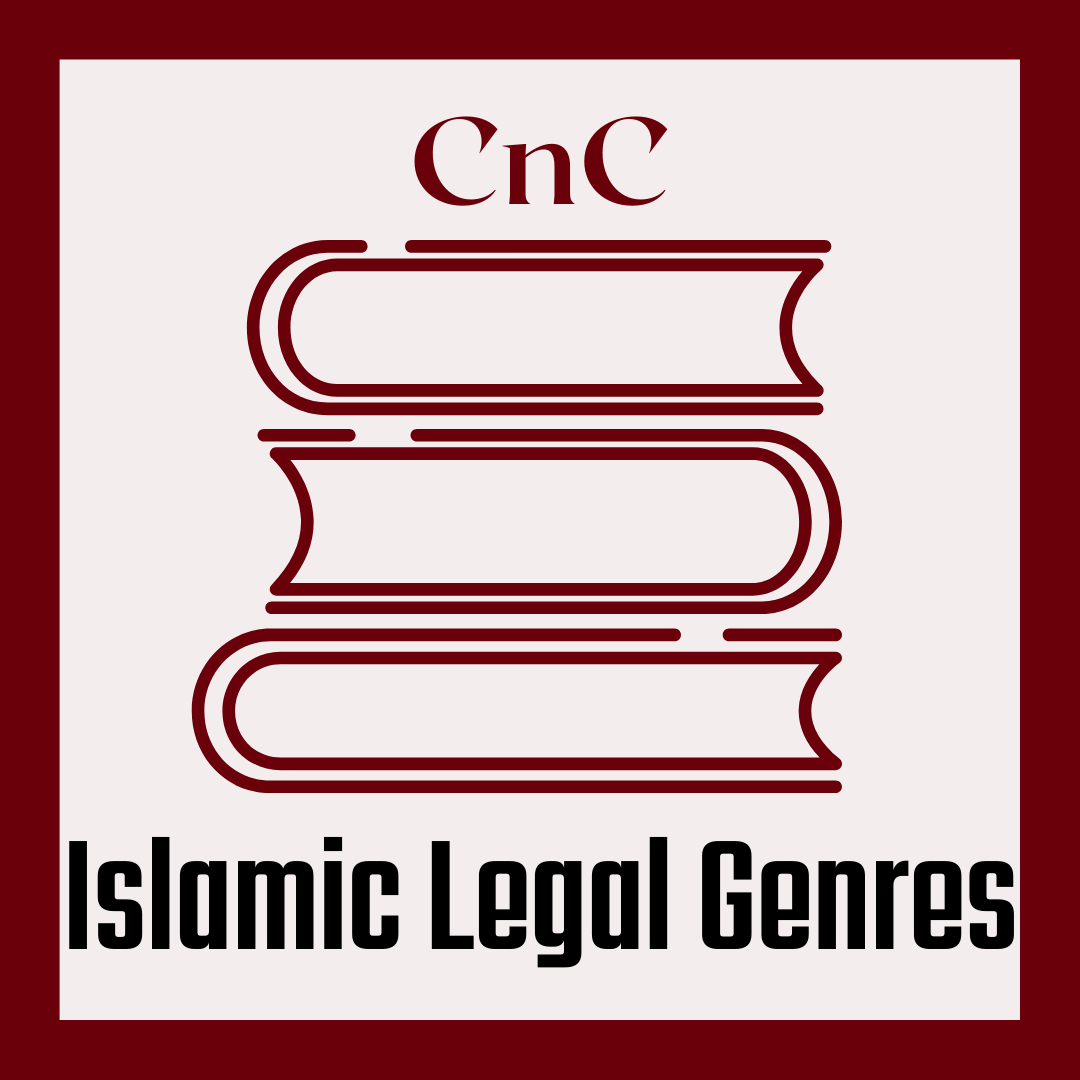The Courts & Canons (CnC) Project at SHARIAsource leverages data science tools to explore questions in Islamic law and society historically through mapping the controversies and values reflected in courts (from taʾrīkh, … Continue reading CnC Spotlight: Mairaj Syed
Experiments in Searching for Islam’s Universal Canons on the CnC-Qayyim Platform
The Courts & Canons (CnC) Project at SHARIAsource leverages data science tools to explore questions in Islamic law and society historically through mapping the controversies and values reflected in courts (from taʾrīkh, … Continue reading Experiments in Searching for Islam’s Universal Canons on the CnC-Qayyim Platform
Weekend Scholarship Roundup
SCHOLARSHIP ROUNDUP On Islamic Law: In a special episode of Borderlines, a legal podcast by Berkeley Law, entitled "Interpreting MetaCanons," Editor-in-Chief, Professor Intisar Rabb "talk[s] about her leading research on … Continue reading Weekend Scholarship Roundup
Experiments in Inter-Communal Legal Citation
By Raha Rafii The Courts & Canons (CnC) Project at SHARIAsource leverages data science tools to explore questions in Islamic law and society historically through mapping the controversies and values reflected in … Continue reading Experiments in Inter-Communal Legal Citation
Experiments in Tracking Canons across the Mecelle
By Intisar Rabb & Yusuf Celik The Courts & Canons (CnC) Project at SHARIAsource leverages data science tools to explore questions in Islamic law and society historically through mapping the … Continue reading Experiments in Tracking Canons across the Mecelle
Weekend Scholarship Roundup
SCHOLARSHIP ROUNDUP On Islamic Law: In "Legal Canons—In the Classroom and in the Courtroom or, Comparative Perspective on the Origins of Islamic Legal Canons, 1265–1519" (Villanova Law Review 66, no. … Continue reading Weekend Scholarship Roundup
Tools for Interpreting Ḥadīth in Shaybānī’s Ḥujja
By Issam Eido This is part four in a series of four posts on Ḥanafī criteria for using ḥadīth in the ‘courts and canons’ of early Islamic law. Kitāb al-Ḥujja … Continue reading Tools for Interpreting Ḥadīth in Shaybānī’s Ḥujja
Canons: Specific and General aṣl
By Issam Eido This is part three in a series of four posts on Ḥanafī criteria for using ḥadīth in the ‘courts and canons’ of early Islamic law. Before the … Continue reading Canons: Specific and General aṣl
Early Ḥanafī Jurists, Court Practice, and the Authority of General Afflictions (ʿUmūm al-Balwā)
By Issam Eido This is part two in a series of four posts on Ḥanafī criteria for using ḥadīth in the ‘courts and canons’ of early Islamic law. There are … Continue reading Early Ḥanafī Jurists, Court Practice, and the Authority of General Afflictions (ʿUmūm al-Balwā)
Lived or Non-Lived Ḥadīth? Content vs. Narrator Criteria in Early Ḥanafī Law
By Issam Eido This is part one in a series of four posts on Ḥanafī criteria for using ḥadīth in the ‘courts and canons’ of early Islamic law. In this series of four … Continue reading Lived or Non-Lived Ḥadīth? Content vs. Narrator Criteria in Early Ḥanafī Law







